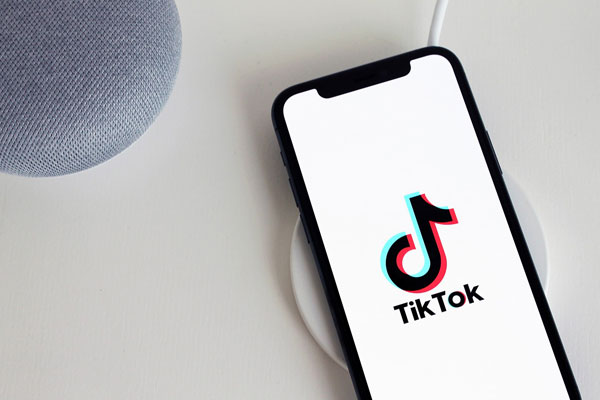TikTok CEO Shou Chew appeared before the U.S Congress on user privacy and harmful algorithms

[TikTok. Photo Credit to Pixabay]
On March 23, 2023, Shou Chew, CEO of TikTok, appeared before the U.S Congress to address concerns regarding the social media platform's ties to the Chinese government, user privacy, and additive algorithms.
TikTok boasts over 150 million users in the United States alone, and more than billion active users worldwide, making it one of the largest and influential social media platforms globally.
The hearing was tense, with lawmakers considering a ban on TikTok due to its alleged ties to the Chinese government exacerbating the recent geopolitical tensions between the United States and China, including the Chinese spy balloon incident.
Over the course of five hours, Mr. Chew fielded hundreds of questions about TikTok and its Chinese parent company, Bytedance- the latter which has been accused of being connected to the Chinese government.
One of the major issues raised during the hearing was the concern of user privacy, with speculation that TikTok had been providing the Chinese government with data on their users without their consent.
Mr. Chew defended the company, explaining that TikTok is committed to securing the privacy and safety of its users by implementing various measures, such as data encryption, user data access control, and regular security audits.
He also denied any allegations of sharing user data with the Chinese government, stating that TikTok's data centers are located outside of China and therefore are not subject to Chinese law.
Mr. Chew also announced that TikTok has been working on “Project Texas”- a 1.5 billion dollar plan to migrate the data of U.S users to the United States and in hopes to restore faith with the U.S government.
However, when confronted with the question of whether or not TikTok was selling its information to the Chinese government, Mr. Chew decided to answer in a skeptical manner.
His response was that TikTok was “free from any manipulation from any government” rather than a definite yes or no response, of which Cathy Rodgers of Washington retorted “If you can't say it 100% certain, I take that as a no.”
Another issue raised during the hearing was TikTok's "Addictive Algorithms," with some lawmakers suggesting that the Chinese government is making a deliberate effort to influence U.S children.
Previous studies, such as one conducted by the Technical University of Denmark, have found that TikTok's short-form style videos can decrease collective attention span in all age groups.
Mr. Chew pointed out that the measures that Tiktok was conducting were up to industry standards, and that it was unfair for TikTok to be singled out as the only source of social media addiction.
He also pointed out that addictive algorithms are not unique to TikTok as other social media platforms such as Instagram and YouTube, both of which are American companies, have also adopted short-form videos and have also been criticized for reducing attention spans in children.
The hearing shed light on the concerns surrounding TikTok's ties to the Chinese government and user privacy.
AlthoughMr. Chew defended the company's practices, he was still criticized during the hearing for being vague about the privacy measures of TikTok.
Congressmen are still considering the possibility of a nationwide TikTok ban.

- Hoonsung Lee / Grade 10
- Cornerstone Collegiate Academy Seoul

![THE HERALD STUDENT REPORTERS [US]](/assets/images/logo_student_us.png)
![THE HERALD STUDENT REPORTERS [Canada]](/assets/images/logo_student_ca.png)
